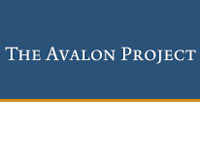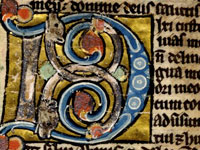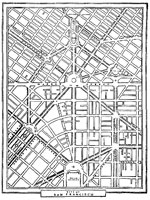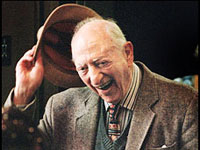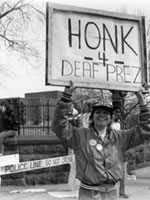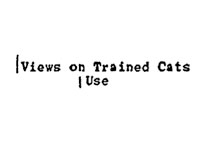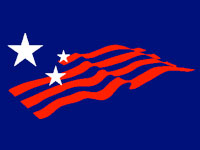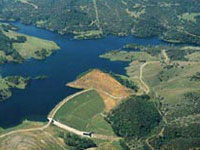U.S. Electoral College
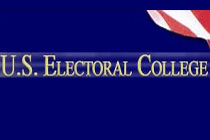
Basic statistical data and explanatory material on the workings of the Electoral College, provided by the Federal office that coordinates its operations. Data includes electoral and popular vote totals for presidential elections since 1789; listings by state of electoral college members for 1992-2000; facsimiles of certificates of ascertainment and certificates of votes for the 2000 election; and a digest of current state laws and requirements. Also offers a 2,700-word procedural guide; relevant federal law provisions; a 1,600-word description of state responsibilities; and 10 links to additional National Archives sites of relevance. A quick and easy way to locate vote tallies and legal information regarding the institution of the Electoral College.
